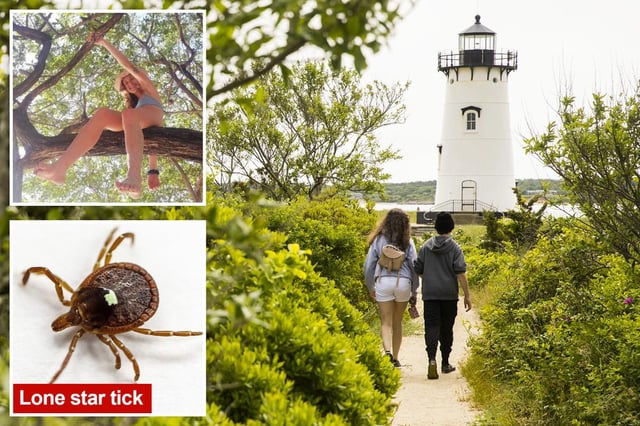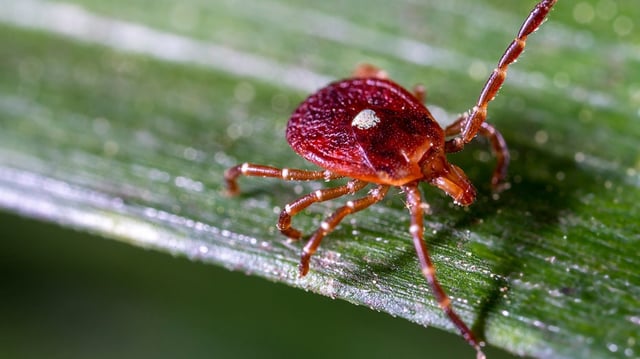Overview
- Emergency departments across the Midwest report summer spikes in tick-related visits, with clinicians flagging alpha-gal cases.
- The CDC estimates as many as 450,000 people in the United States may have the tick-associated allergy.
- The lone star tick is the main vector, and reporting also implicates deer ticks and the western blacklegged tick.
- Communities are adapting, with Martha’s Vineyard restaurants offering alpha-gal–friendly menus and local reports citing 523 cases last year.
- Management centers on strict avoidance of mammalian products, with some patients reacting to items like lanolin or lip balms, and a July study suggests antibody levels can decline without new tick bites.



